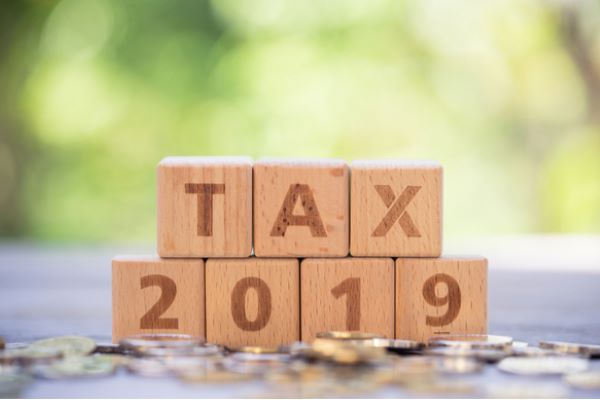30 June is fast approaching so let’s focus on tax tips for your business!
The end of the financial year is once again upon us. This is an exciting and busy time here at Accru Melbourne, as we spend time tax planning and reviewing with our clients before time is up! What tax planning is required for each person and business will differ but below are four key areas beyond simply bringing forward some expenditure that are worth considering prior to 30 June.
It is important to note cash flow should always remain a priority so don’t spend money or compromise cash flow just to claim a tax deduction.

Review aged debtor balances
Do you regularly review your unpaid customer account balance to ensure what you are owed is accurate? We often see our client’s receivables reports that show very old debtors that simply should be written off as uncollectable or were entered incorrectly in the first place.
Having a receivables report that is showing an inflated balance can be very costly from both an income tax and a GST point of view as you could be paying tax on sales that shouldn’t be there. For income tax purposes, a bad debt is generally only claimable as a deduction if it is written off before 30 June and not just provided for as doubtful.
Bonus tip: Beyond just end of year planning, having a regular review process in place can also help you with cash flow too as you can put in place a system of reminders to your customers so that they pay you on time.
Trading stock
If your business carries trading stock then you should be doing a stock-take at least once a year with 30 June being the most common time to do so. The balance of closing stock is added back as part of the cost of sales formula so having an accurate count of goods/materials on hand is important. Equally important is writing off obsolete stock or simply having a record of stock that isn’t on hand.
Trading stock for income tax can be valued at cost, market selling value or replacement value. The valuation method can change for each line of stock and from year to year.
Bonus tip: Much like aged debtors, implementing a regular review of stock will assist with accurate reporting as the balance of stock in the system won’t be over or undervalued.
Employee payments
Under Australia’s tax system, employers are only eligible to claim a tax deduction on certain employee liabilities when they are physically paid, such as superannuation and staff bonuses.
If you always pay your superannuation liabilities in the month following the end of the quarter, it means you are waiting another full financial year before you get the benefit of a tax deduction on those superannuation payments, even though the liability accrued in the previous quarter/financial year. Paying early enough that the contribution is clear in the super fund’s bank account will provide a deduction before 30 June.
Staff bonuses are another area where a deduction is not allowable until either the bonus is definitely committed to by management and communicated to staff, or actually paid. Therefore simply providing for expected bonuses at 30 June won’t be enough to claim a deduction.
Instant asset write-off extension
In April 2019, the Coalition Government announced in the Federal Budget that they would extend the instant asset write-off benefit to businesses with aggregated turnover under $50M per annum until the end of June 2020. They also increased the asset write-off threshold to being under $30,000.
If you are planning to purchase new assets in the coming months, it can be very beneficial for you to bring-forward those purchases to before the end of this financial year to get a tax deduction straight away. The assets you purchase do not have to be brand-new assets; they just need to be new to the business who purchases it, as well as being installed and ready for use prior to 30 June.
As you can see, the end of the financial year presents a great opportunity for businesses to perform a review of their books and identify potential options to reduce the amount of taxes that will need to be paid. If you have any queries or would like to to learn more, please contact one of our Tax and Advisory Specialists today! Alternatively, you can complete your contact details below or give us a call on (03) 9835 8200.
